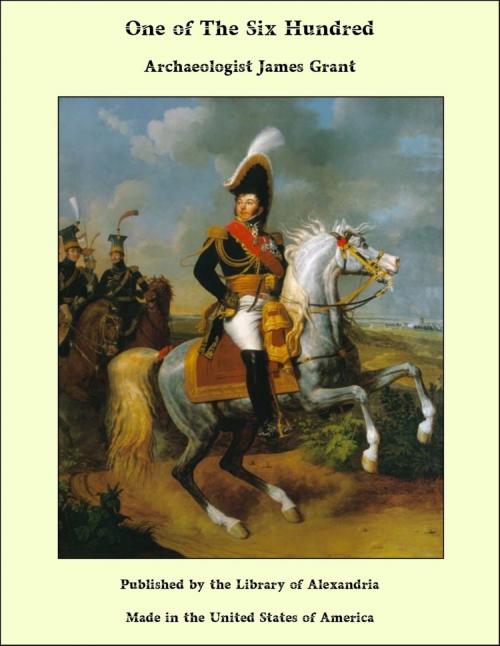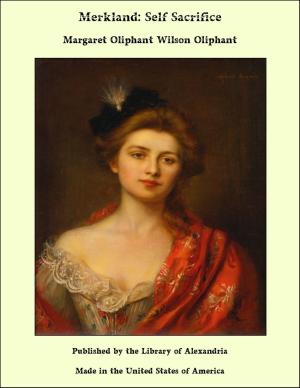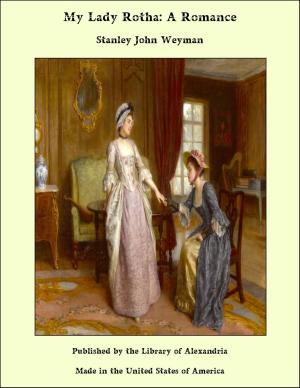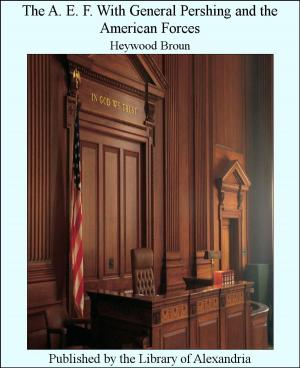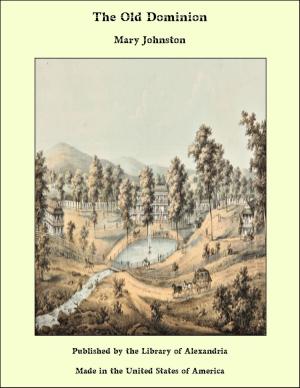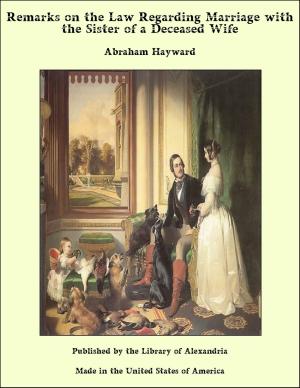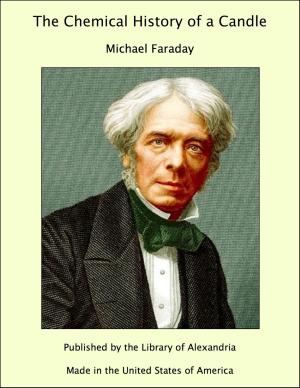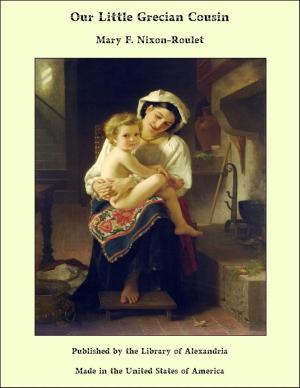| Author: | Archaeologist James Grant | ISBN: | 9781465617071 |
| Publisher: | Library of Alexandria | Publication: | March 8, 2015 |
| Imprint: | Language: | English |
| Author: | Archaeologist James Grant |
| ISBN: | 9781465617071 |
| Publisher: | Library of Alexandria |
| Publication: | March 8, 2015 |
| Imprint: | |
| Language: | English |
My regiment was a lancer one. I need not designate it further; though, by the way, it has always struck me as somewhat peculiar in our cavalry of the line, that while we have our Scottish corps, the famous old Greys, and no less than three Irish, we have not one English regiment, provincially designated as such. I despatched a note of thanks to the colonel, handed over my cattle to the care of my friend Jack Studhome, the adjutant, and had a hasty interview with Saunders M'Goldrick, our Scots paymaster—not that I wish the reader to infer that he was my chief factor and reliance (heaven help those in a dragoon regiment who find him so!). Glad to escape, even for the brief period of a month, from the monotony of routine parades, the stable duty, the barrack life, and useless hurly-burly of Maidstone—to be free from all bother, mess, band, and ball committees, courts-martial, and courts of inquiry; from having to remember when this parade took place, and when that particular drill, and all that sort of thing—glad, I say, to escape from being saluted by soldiers and sentinels at every turn and corner, and to be once again lord of my own proper person, I relinquished my gay lancer trappings, and resumed the less pretending mufti of the civilian—a suit of warm and strong heather-mixture tweed—and about nine o'clock P.M. found myself, with some light travelling baggage, my gun-case, railway rugs, &c. (in care of Willie Pitblado, who was attired in very orthodox livery—boots, belt, and cockade), awaiting the up train for London, at the Maidstone station, and enjoying a last friendly chat and a cigar with Studhome, as we promenaded to and fro on the platform, and talked of the different work that would soon be cut out for us, too probably, about the time my short leave expired. The British fleet was already in the Bosphorus; the field of Oltenitza had seen the terrible defeat of the Russians by the troops of Omar Pasha, generalissimo of the Porte, avenge the recent naval massacre at Sinope. Ere long, the Turks were to be again victorious at Citate. General Luders was about to force his way into the Dobrudcha; Britain, France, Russia, Turkey, and Sardinia were gathering their hosts for the strife; and amid these serious events, that absurdity might not be wanting, the sly broad-brims and popularity-hunters of the Peace Society sent a deputation to the Emperor Nicholas, to expostulate with him on the wickedness of his ways.
My regiment was a lancer one. I need not designate it further; though, by the way, it has always struck me as somewhat peculiar in our cavalry of the line, that while we have our Scottish corps, the famous old Greys, and no less than three Irish, we have not one English regiment, provincially designated as such. I despatched a note of thanks to the colonel, handed over my cattle to the care of my friend Jack Studhome, the adjutant, and had a hasty interview with Saunders M'Goldrick, our Scots paymaster—not that I wish the reader to infer that he was my chief factor and reliance (heaven help those in a dragoon regiment who find him so!). Glad to escape, even for the brief period of a month, from the monotony of routine parades, the stable duty, the barrack life, and useless hurly-burly of Maidstone—to be free from all bother, mess, band, and ball committees, courts-martial, and courts of inquiry; from having to remember when this parade took place, and when that particular drill, and all that sort of thing—glad, I say, to escape from being saluted by soldiers and sentinels at every turn and corner, and to be once again lord of my own proper person, I relinquished my gay lancer trappings, and resumed the less pretending mufti of the civilian—a suit of warm and strong heather-mixture tweed—and about nine o'clock P.M. found myself, with some light travelling baggage, my gun-case, railway rugs, &c. (in care of Willie Pitblado, who was attired in very orthodox livery—boots, belt, and cockade), awaiting the up train for London, at the Maidstone station, and enjoying a last friendly chat and a cigar with Studhome, as we promenaded to and fro on the platform, and talked of the different work that would soon be cut out for us, too probably, about the time my short leave expired. The British fleet was already in the Bosphorus; the field of Oltenitza had seen the terrible defeat of the Russians by the troops of Omar Pasha, generalissimo of the Porte, avenge the recent naval massacre at Sinope. Ere long, the Turks were to be again victorious at Citate. General Luders was about to force his way into the Dobrudcha; Britain, France, Russia, Turkey, and Sardinia were gathering their hosts for the strife; and amid these serious events, that absurdity might not be wanting, the sly broad-brims and popularity-hunters of the Peace Society sent a deputation to the Emperor Nicholas, to expostulate with him on the wickedness of his ways.
